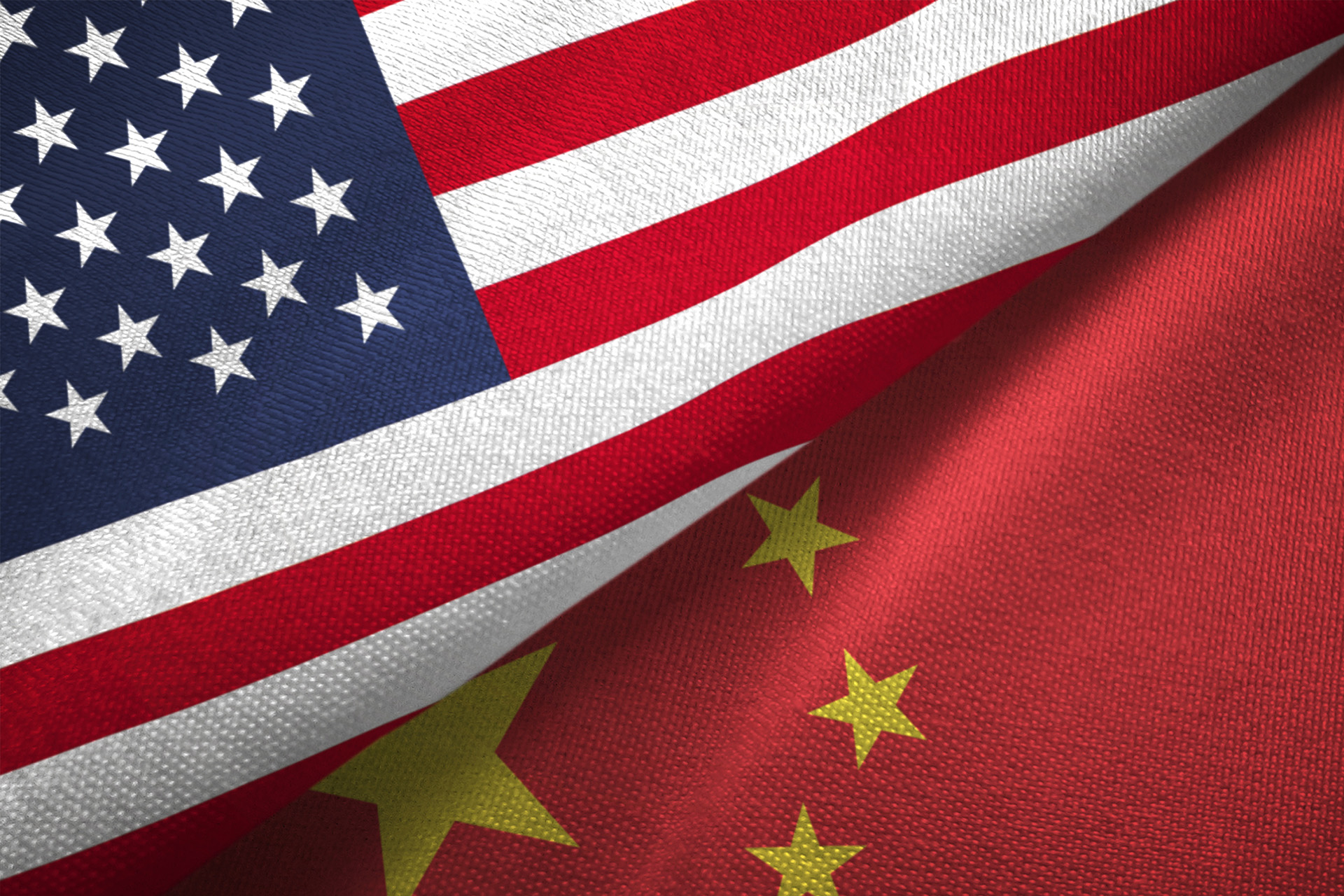Highlights
Chair of the House Trade Subcommittee introduced the Import Security and Fairness Act this month
The act aims to prevent goods imported from non-market economies, such as China, from benefiting from a U.S. law that permits certain imports valued at or less than $800 to avoid formal customs clearance procedures and so-called “de minimis tariff” provision
Companies that import such possibly impacted goods should consider monitoring this and related legislation
A new bill – the Import Security and Fairness Act – introduced in the U.S. House by Rep. Earl Blumenauer, chair of the House Ways and Means Trade Subcommittee, would require all imports from non-market economies, such as China and Vietnam, as well as countries on the United States’ “intellectual property watch list,” to 1) go through a formal customs entry process and 2) pay tariffs, regardless of the value of the imported items.
Current U.S. law permits entries worth less than $800 to avoid formal customs clearance and payment of duties.
In a press release accompanying the proposed legislation, Rep. Blumenauer noted the aim of the act is to respond to the skyrocketing volume of small-value packages coming into the U.S. In the view of the bill’s supporters, exporters in countries such as China “exploit” the customs entry de minimis provision by lowering the price of their merchandise through the use of forced labor or intellectual property theft, and by exporting large quantities of packages valued at less than $800, thereby avoiding tariffs and customs scrutiny.
The act, if passed by the Senate and signed into law, would require packages currently benefitting from tariff exemption and expedited clearance – because such packages are valued at or less than $800 – to go back into the formal Customs and Border Protection (CBP) clearance process, forcing importers of such imported goods to again pay tariffs.
Opponents of the legislation claim that, if passed, the act would increase prices for consumers and domestic manufacturers who at times procure imported goods valued at less than $800. The opponents also argue that the legislation would violate the U.S. commitments to the World Trade Organization (WTO), particularly the “Most Favored Nation” clause, which restricts the ability of member countries to discriminate among member countries in the application of tariffs – except under narrowly defined circumstances.
In introducing the Import Security and Fairness Act, Rep. Blumenauer indicated that he hoped to move the bill quickly, perhaps as part of a massive China-related trade bill that is pending before the House.
Companies that import either inputs or finished merchandise valued at or less than $800, particularly those that operate or utilize e-commerce platforms, should consider closely monitoring this act and any related legislation, as passage would require the payment of additional duties and would trigger new customs clearance obligations. In addition, courier services that tend to handle small-value package delivery should be attentive to any impacts of such legislation that would complicate their import businesses.
For more information, please contact the Barnes & Thornburg attorney with whom you work or David Spooner at 202-371-6377 or david.spooner@btlaw.com, Linda Weinberg at 202-408-6902 or linda.weinberg@btlaw.com, or Clinton Yu at 202-371-6376 or clinton.yu@btlaw.com, or Soyoung Yang at 202-831-6703 or soyoung.yang@btlaw.com.
© 2022 Barnes & Thornburg LLP. All Rights Reserved. This page, and all information on it, is proprietary and the property of Barnes & Thornburg LLP. It may not be reproduced, in any form, without the express written consent of Barnes & Thornburg LLP.
This Barnes & Thornburg LLP publication should not be construed as legal advice or legal opinion on any specific facts or circumstances. The contents are intended for general informational purposes only, and you are urged to consult your own lawyer on any specific legal questions you may have concerning your situation.















